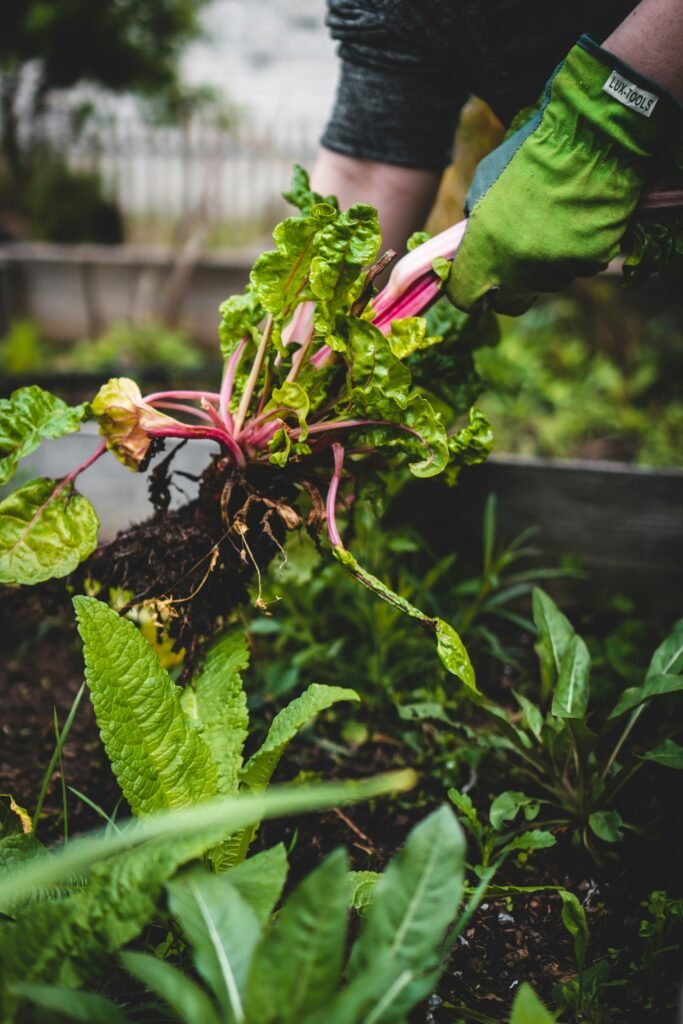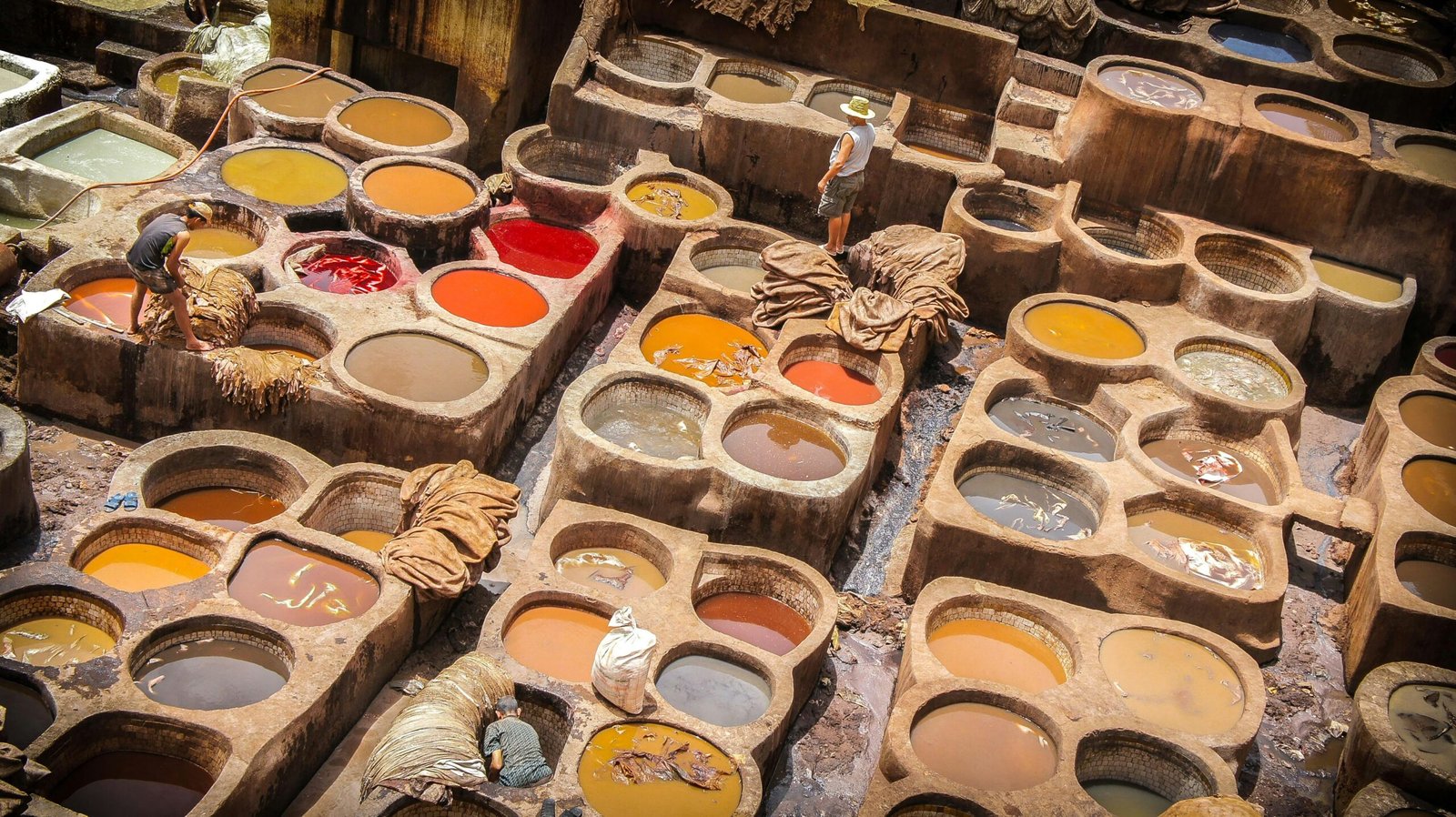Balancing Ethics and Commerce: Alligator Leather Harvesting
Imagine you’re strolling through a high-end boutique, marveling at the exquisite craftsmanship of luxurious alligator leather goods. But have you ever paused to consider the ethical implications behind this coveted material? In this article, we will explore the delicate balance between ethics and commerce in the controversial industry of alligator leather harvesting. From examining the various ethical considerations at play to understanding the regulations and standards in place, you’ll gain a deeper insight into this complex issue and be equipped to make informed choices that align with your values.

This image is property of images.unsplash.com.
Regulations and Laws
Alligator leather harvesting is subject to international regulations and national laws to ensure ethical practices. International regulations govern the trade and protect endangered species. These regulations are important to prevent over-exploitation and ensure the sustainability of alligator populations. Additionally, national laws and restrictions provide further guidelines for alligator hunting and farming. These regulations and laws serve as a framework for ethical practices in the industry and help protect the welfare of alligators.
Alligator Population Management
Conservation efforts play a vital role in maintaining alligator populations. These efforts involve habitat preservation, species reintroduction programs, and monitoring of population numbers. By implementing these conservation measures, we can ensure the long-term survival of alligator populations and their habitats. Sustainable harvesting practices also contribute to population management. Regulations are in place to limit the number of alligators harvested each year, allowing populations to replenish and ensuring the continuation of the species.
Animal Welfare
Humane methods are used in alligator hunting to minimize stress and suffering. The industry has embraced tools and techniques that prioritize the well-being of alligators. Traditional hunting methods have evolved to include more humane practices, such as using a single-shot firearm to ensure immediate and painless death. Captive alligators are also cared for with attention to their well-being, including proper nutrition, access to clean water, and appropriate living conditions. Treating alligators with respect and ensuring their welfare during captivity are fundamental aspects of ethical alligator leather harvesting.
Community Engagement
Partnerships with local communities are essential for ethical alligator leather harvesting. Engaging with hunters and farmers not only supports their livelihoods but also fosters a sense of ownership and responsibility towards sustainable practices. By involving local communities in conservation initiatives and establishing mutually beneficial relationships, we can promote ethical practices and ensure that the industry benefits the people and the environment. Educational programs and awareness campaigns also play a vital role in involving communities, spreading knowledge about the importance of conservation, and promoting responsible actions.

This image is property of images.unsplash.com.
Transparency and Traceability
Ensuring transparency in the supply chain is crucial for ethical sourcing of alligator leather. Documenting the entire supply chain allows for traceability and accountability at every step. This includes tracking the origin of raw materials, recording the harvesting methods used, and documenting the processing and manufacturing processes. By providing transparency, consumers can make informed choices and be confident that the products they purchase are ethically sourced. Certifications and labeling also help consumers identify products that meet ethical standards.
Alternative Materials and Substitutes
Developing ethical alternatives to alligator leather is an important step towards sustainability. Innovations and advancements in materials science have led to the creation of synthetic materials that mimic the look and feel of alligator leather without the ethical concerns. Promoting the use of these synthetic materials can help reduce the demand for genuine alligator leather. Additionally, introducing innovative substitutes for luxury products can provide consumers with desirable alternatives that meet their aesthetic and ethical preferences.

This image is property of images.unsplash.com.
Ethical Consumer Choices
Educating consumers about the impact of their purchases is crucial for promoting responsible buying decisions. By raising awareness of the ethical considerations in alligator leather harvesting, consumers can make informed choices that align with their values. Supporting brands that prioritize transparent and ethical sourcing sends a strong message to the industry. By voicing their preference for ethical products, consumers can drive demand for sustainable practices and encourage brands to prioritize social and environmental responsibility.
Corporate Social Responsibility
Corporate social responsibility is vital in promoting ethical practices in the alligator leather industry. By implementing ethical policies and practices, companies can demonstrate their commitment to sustainable sourcing and animal welfare. Supporting conservation initiatives through financial contributions and partnerships with environmental organizations further establishes a company’s dedication to ethical practices. Engaging in partnerships for sustainability, such as collaborations with local communities and research institutions, can also contribute to the industry’s efforts in preserving alligator populations and their habitats.
Impact on Ecosystems
Alligator hunting can have both positive and negative effects on ecosystems. Alligators play a crucial role in maintaining the balance of their habitats, and their removal from the ecosystem can have significant consequences. However, regulated and sustainable harvesting practices can mitigate negative impacts. By carefully monitoring population numbers and limiting the number of alligators harvested, we can minimize disruptions to the ecosystem. Preserving habitat and protecting other species that rely on alligator presence are crucial steps in ensuring the overall health and balance of the ecosystems in which they reside.
Future Outlook
The future of ethical alligator leather harvesting lies in advancements in responsible harvesting techniques. Continued collaboration within the industry to develop and refine sustainable practices will lead to improved methods that prioritize the welfare of alligators. Industry collaborations and partnerships between alligator farms, hunters, researchers, and conservation organizations will be key in promoting sustainable practices and ensuring the long-term viability of the trade. The role of technology and innovation in ethical sourcing cannot be understated. Advancements in tracking and monitoring systems, as well as the development of alternative materials, offer promising solutions for a more sustainable future.
In conclusion, ethical considerations in alligator leather harvesting are crucial for balancing commerce with responsible practices. International regulations and national laws provide the necessary framework to ensure ethical practices. Conservation efforts, humane hunting methods, and community engagement contribute to the sustainable management of alligator populations. Transparency, traceability, and the development of alternative materials help meet consumer demands for ethically sourced products. Ultimately, with continued focus on corporate social responsibility and the preservation of ecosystems, the future of alligator leather harvesting can be one that is both economically viable and environmentally responsible.
